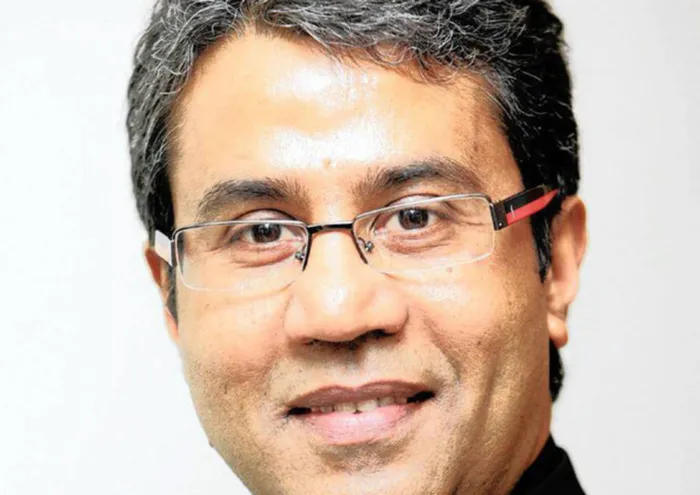Court hears of blunders in wage deal

090510 Bobby Soobrayan, national director-general of basic education, has commended KwaZulu-Natal s Department of Education for showing a significant increase in last year s pass rate. 090510 Bobby Soobrayan, national director-general of basic education, has commended KwaZulu-Natal s Department of Education for showing a significant increase in last year s pass rate.
Johannesburg - Seven months after the Department of Basic Education signed a collective agreement with teacher unions, it came to the realisation that the agreed pay increase would cost more than R700-million over its budget.
At the Labour Court on Tuesday during a hearing between the department and teacher unions over the department’s withdrawal from the 2011 agreement, the department’s chief director for human resource management, Simone Geyer, said the department had severe capacity constraints when the deal was signed.
Geyer was the department’s chief negotiator, but she went on leave before it was finalised.
On April 7, 2011, after the negotiations, the department’s director-general, Bobby Soobrayan, signed the agreement. It related to salary adjustments for matric exam markers.
That November, it came to the department’s attention that the contents of the agreement Soobrayan had signed were not what was agreed upon during the negotiating process.
Martin Gustafsson, a researcher at Stellenbosch University’s department of economics who also works as an adviser to the department, said that if the deal had been implemented, it would have cost the department between R750m and almost R1-billion, “depending on the breakdown of categories of employees”.
“It would be a very large amount to spend on such a small part of the education system (matric exam markers),” he said.
The court heard it was only in November that the department called a meeting with the unions over the “obscene” figures captured in the agreement.
When advocate Nazeer Cassim, the unions’ legal representative, asked Geyer whose mistake it was that the deal was signed, she said all the involved parties were responsible.
She said it could not be her mistake alone because she had fulfilled her duties, which were to ensure that the figures agreed upon during negotiations were in line with those in the relevant Government Gazette.
Geyer said it took that much time for the department to pick up the mistakes because national office-bearers were attending to issues at the Limpopo and Eastern Cape departments of education.
She said she did not have the time to read the five-page agreement and relied on another colleague - who she had “no reason to doubt” - to brief her, and she in turn briefed Soobrayan.
Geyer faced disciplinary action over the blunder and received a final written warning.
The case continues.
The Star